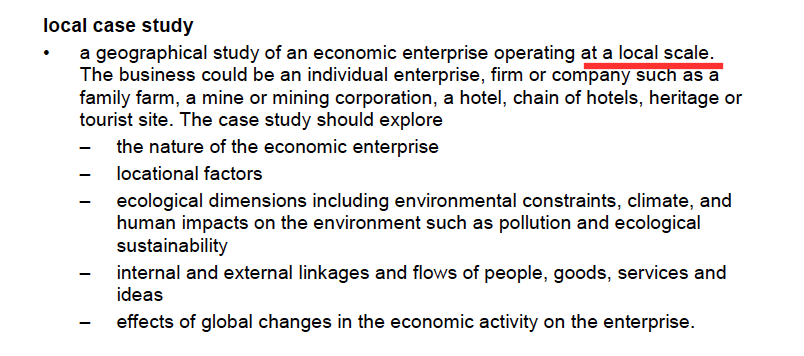|
Great White Bear Tours uses custom built all terrain vehicles called Tundra Buggies. These allow unique access to the tundra environment around Churchill providing opportunities for viewing of a range of wildlife such as polar bears, arctic foxes, caribou and migratory birds. They operate tours in Spring, Summer and Autumn, and tours vary according to the seasons. In Spring they offer tours to see the Northern Lights (Aurora borealis), in Summer they operate bird watching and wildlife viewing tours and in Autumn/Fall they run Polar bear viewing tours. The company offer both one-day tours and multi-day tours. Visitors can choose to stay at the White Bear Tundra Lodge for multi-day trips. This is a custom-designed rolling hotel to enhance wildlife viewing opportunities. The lodge consists of five large units linked together - two sleeping units with shared sleeping quarters, bathroom and showers, and separate lounge, dining and kitchen facilities. The map below indicates the location of the White Bear Tundra Lodge in relation to Churchill. Examine the case study in more detail on the 12 Geography People and Economic Activity site: Nature of the economic enterprise Locational factors Ecological dimensions Internal and external linkages Effects of global changes Is Great White Bear Tours a local case study? The NSW Stage 6 Geography syllabus requires students to examine a local case study for the People and Economic Activity topic. Depending on the economic activity studied, common case studies are local vineyards, hotels, chocolatiers. The syllabus states, "a geographical study of an economic enterprise operating at a local scale." It does not specify that it has to be in Australia, or local to you/your school. While Great White Bear Tours is not "local" to anyone studying the NSW syllabus, it can be viewed as "local" in the sense that it operates within its local area (the tours run in a relatively small geographical area, in the immediate vicinity of the business site). Let's have a look at the references to the local case study in the syllabus... There are two uses of the the word local when referring to the case study in the content section of the syllabus. In the first example it refers to the case study operating at a local level. It does not specify that it needs to be local to you or your school. Below: Screen shot from the NSW Stage 6 syllabus (Content) It is referred to again later in the content section where it refers to an enterprise operating at a local scale. Again there is no reference to it being local to you or your school. Below: Screen shot from the NSW Stage 6 syllabus (Content) What about fieldwork? Fieldwork is an integral part of geographical inquiry and learning. It is a common practice for classes to do their fieldwork on their economic enterprise, particularly if they have chosen a case study close to the school. However, while it is common practice, it is not mandated. If we look what is mandated, the syllabus states that students need to identify methods such as "collecting and analysing field data about economic activity. Note that it doesn't state that the fieldwork has to be based on the economic enterprise (the local case study). In this way a class could conduct fieldwork on Tourism in general, but not their economic enterprise and still meet requirements. There are also many opportunities to conduct virtual fieldwork. Explore some fieldwork options on the Year 12 Geography, People and Economic Activity site:
Fieldwork: Hudson Bay
0 Comments
|
Categories
All
Archives
May 2024
|





